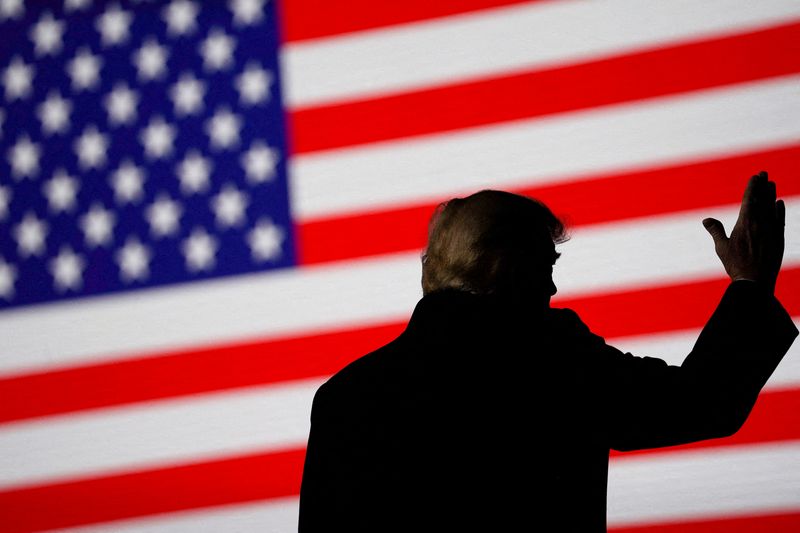
Speaking with interviewer Tom Bilyeu, Shanahan mentioned that one possibility is to remain in the race with the goal of securing more than 5% of the popular vote. This approach would aim to position their campaign as a viable third-party alternative to the traditional Republican and Democratic choices, laying the groundwork for greater ballot access in the 2028 election.
“There’s two options that we’re looking at and one is staying in, forming that new party, but we run the risk of a Kamala Harris and Walz presidency because we draw votes from Trump, or we draw somehow more votes from Trump,” Shanahan told Bilyeu on the “Impact Theory” podcast.
The other option, she added, involves withdrawing from the race and partnering with Donald Trump.
“Or we walk away right now and join forces with … Donald Trump and you know, we walk away from that and explain to our base why we’re making this decision,” she explained to interviewer Tom Bilyeu.
“It’s not an easy decision,” Shanahan remarked.
Polls in key swing states point to a close contest between Harris and Trump.
However, RFK Jr. is polling around 5%, which, according to Citi analysts is “significant and could be enough to tilt all the swing states in favor of Trump, though we recognize not all RFK Jr. supporters would switch to Trump, given part of the attraction as an independent is that he is not part of the two main parties.”
Citi recently noted that the race might be nearing “peak Harris,” and that an official decision for RFK Jr. to join forces with Trump would likely bolster the former president’s position further.
In terms of market impact, RFK Jr. joining Trump could reignite “Trump trades” in the foreign exchange market, analysts pointed out. While they have generally viewed Trump as positive for the US dollar, market reactions have been mixed with fluctuations in his election chances.
“Should RFK Jr. actually join Trump, we expect it could see at least a tactical boost to the USD,” they wrote.
To read the full article, Click Here
